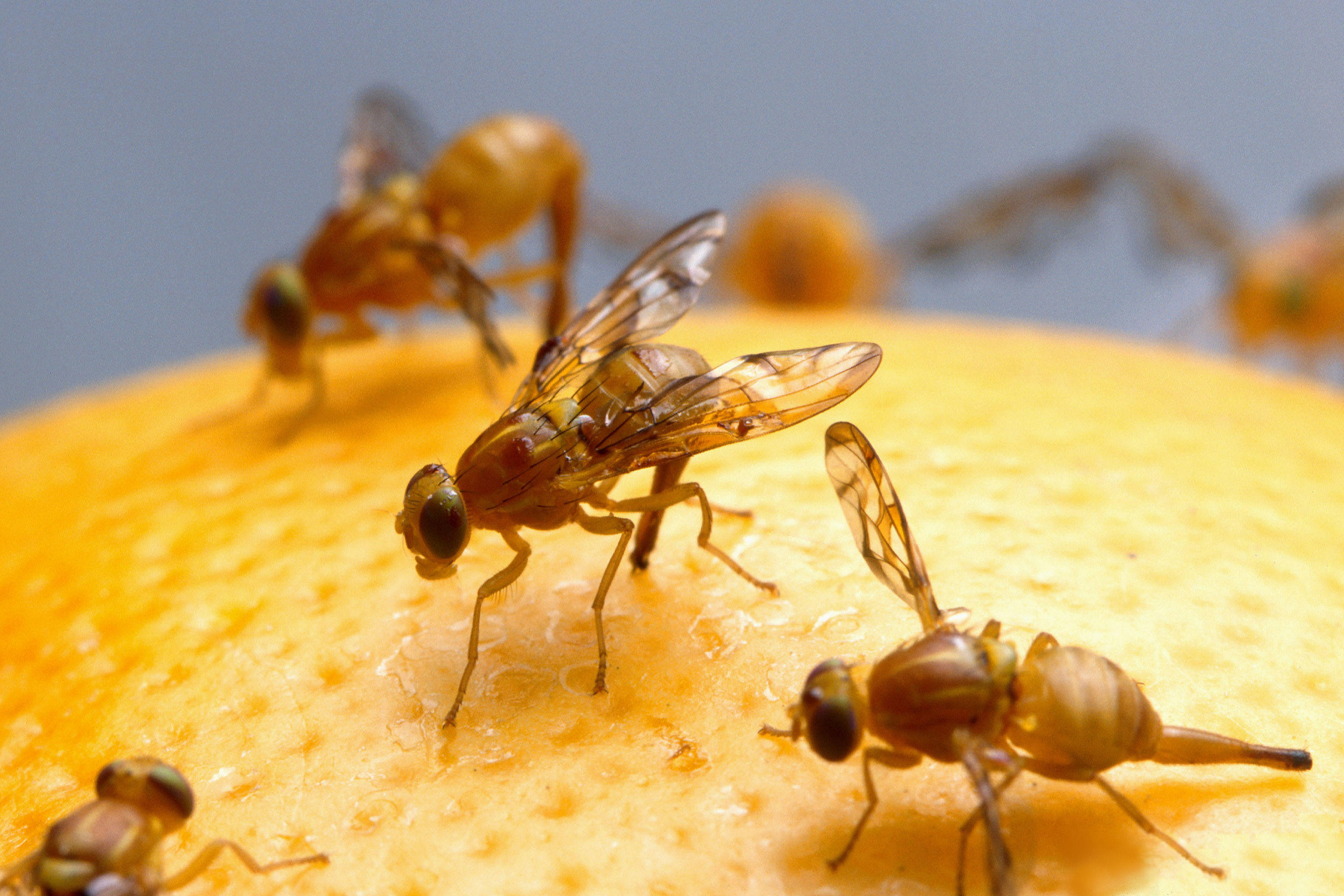The National Fruit Fly Council (NFFC) has secured funding from Hort Innovation for phase 4 of the project that strategically coordinates fruit fly management in Australia over the next five years (2021 – 2026).
Fruit fly is one of the biggest trade barriers for horticulture products and many species of fruit fly pose a threat to Australia's horticultural industries, both endemic and exotic. In 2016 the cost of fruit fly in Australia was estimated to be $300 million due to control measures and international trade restrictions.
The project is a joint initiative between Plant Health Australia (PHA) and Hort Innovation, with co-investment from State governments and horticultural industries. The Council will continue to work with growers and fruit fly management community groups across all states and territories to control the pest on a national scale.
As a strategic advisory body, the NFFC brings fruit fly affected stakeholders and subject matter experts together to formulate strategies and recommendations to strengthen the national fruit fly system.
“There is real value in having industry and government stakeholders in one room to address fruit fly issues at a national level,” said Byron De Kock, Head of Research & Development at Hort Innovation.
The NFFC consists of federal and state governments, industry representatives, and research funders who collectively consider solutions to fruit fly challenges that will lead to a cost-effective and sustainable approach to managing fruit flies, and exotic fruit fly risks, across Australia.
“Horticulture’s contribution to Australia’s Ag2030 goal of $100 billion in production by 2030 relies on pest management systems to support increased productivity, market access and diversification, and our reputation for high quality and sustainable produce,” said Dr Mila Bristow, National Manager Performance and Innovation at Plant Health Australia.
The new project will provide a national strategic direction to manage fruit fly in Australia, including managing the risk of exotic species to support a robust national system for trade and production. It will prioritise research and development activities to meet fruit fly management needs. The project will also facilitate communication and cooperation between governments, industries, researchers, and communities to progress strategically important national fruit fly issues.
“Phase 4 will continue to build on a considerable body of work in recent years, which has increased national engagement and identified priorities to strengthen the national fruit fly system and Australia’s trade position,” said Stuart Burgess, NFFC Manager.
Major achievements of Phase 3 (2018-2021) of the project include the production and launch of the National Fruit Fly Strategy 2020-2025 and annual implementation plans, and delivery of the 2021 National Fruit Fly Symposium which brought together fruit fly stakeholders across Australia. During Phase 3 the NFFC also demonstrated key strength in providing a neutral platform for stakeholders to collectively examine fruit fly issues.
Phase 4 is unique given horticultural industries’ financial contribution, along with past funding partners (Hort Innovation and State governments).
Source - https://www.freshplaza.com













